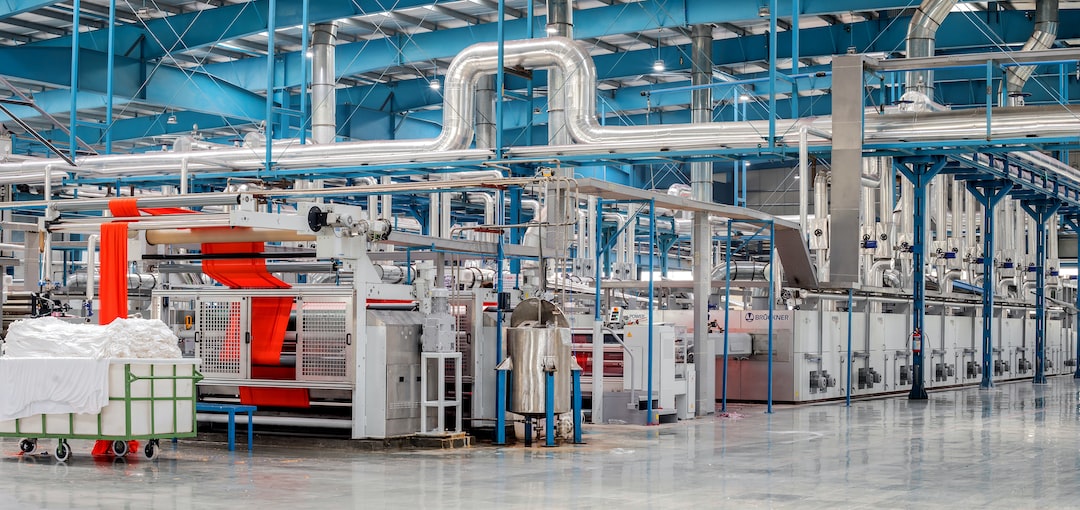Cloud computing has revolutionized various industries, and the manufacturing sector is no exception. Traditional manufacturing operations relied heavily on physical infrastructure and local servers to store and process data. However, with the integration of cloud computing, manufacturing operations have become more efficient, flexible, and cost-effective.
One significant advantage of cloud computing in manufacturing is its ability to store and analyze vast amounts of data. In today’s manufacturing operations, data is generated at an unprecedented rate from various sources such as machines, sensors, and production lines. Cloud computing provides the necessary capacity to store and process this data, enabling manufacturers to gain valuable insights and make informed decisions. By using cloud-based analytics tools, manufacturers can identify bottlenecks, optimize production processes, and enhance overall efficiency.
Moreover, cloud computing offers manufacturers the flexibility to scale their operations up or down as per the demand. Rather than investing in additional hardware and infrastructure, manufacturers can leverage the scalability of cloud computing to adjust their resources accordingly. For instance, during peak seasons, manufacturers can easily increase their computing resources to handle high production volumes, and during lean periods, they can scale down to save costs. This flexibility allows manufacturers to stay adaptive and responsive to market demands.
One of the challenges faced by manufacturers is the need for real-time collaboration among different teams and departments. Cloud computing provides a seamless platform for manufacturers to collaborate on projects, share information, and coordinate activities in real-time. Whether it is sharing production schedules or monitoring quality control processes, cloud-based collaboration tools enable manufacturers to streamline their operations, reduce errors, and enhance productivity.
In addition to collaboration, cloud computing also enhances supply chain management in the manufacturing sector. With the cloud, manufacturers can integrate their systems with suppliers, distributors, and other partners, creating a transparent and efficient supply chain network. Manufacturers can track inventory levels, monitor supplier performance, and automate procurement processes, resulting in reduced lead times, optimized inventory levels, and improved overall supply chain efficiency.
Security is a critical concern for manufacturers as they deal with sensitive data such as product designs, customer information, and trade secrets. The cloud offers advanced security measures such as data encryption, authentication, and regular backups, ensuring that manufacturers’ data is protected against unauthorized access or loss. By leveraging the security features of cloud computing, manufacturers can mitigate cybersecurity risks and focus on their core operations.
In conclusion, the integration of cloud computing in manufacturing operations has brought significant improvements in efficiency, flexibility, collaboration, supply chain management, and security. From storing and analyzing vast amounts of data to providing scalability and real-time collaboration, cloud computing has revolutionized the manufacturing industry. As technology continues to evolve, manufacturers must embrace cloud computing to stay competitive and accelerate their digital transformation journey.

